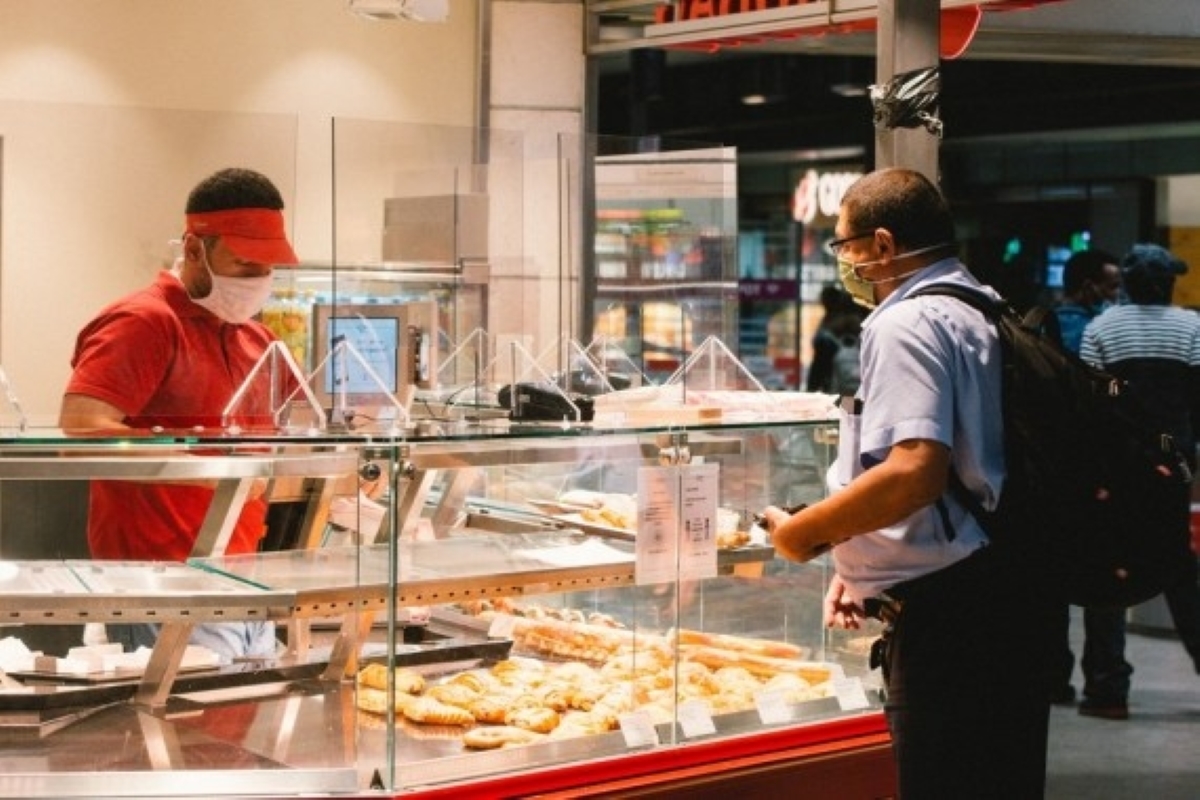In order to contain the Covid-19 pandemic and in particular the spread of the Delta variant, European countries are introducing new measures such as requiring the health pass to access public places and making vaccination mandatory for certain professions.
In France, starting from next week, people will have to show a health pass, or “passe sanitaire”, which proves the holder has been fully vaccinated, has recently recovered from Covid-19 or tested negative, to get access to bars, cafes, restaurants, gyms, some shopping malls, nursing homes and even hospitals (except for emergencies), as well as planes, long distance trains or bus services, reports Xinhua news agency.
Advertisement
Since July 21, this health pass has been compulsory for gatherings of more than 50 people in cultural and leisure venues such as cinemas and museums.
The extension of its use, proposed by the government and voted in Parliament amid concerns over its impact on personal freedom, got greenlighted from the country’s highest constitutional body on August 5.
In Italy, the government has approved a new decree that makes a green pass mandatory for school and university staff, university students, and passengers on long-haul means of transportation such as airplanes, ships and ferries, and trains.
First introduced in June, the green pass has been necessary in order to attend public events, access nursing homes and move around Italy and within the European Union (EU) from June 17.
France and Italy were comparatively late in adopting such measures.
In a bid to prevent the spread of the virus while avoiding lockdowns experienced last year during the first wave of the pandemic, authorities in many reopened countries in the EU have required a health pass, or “green pass”, “coronapass,” or “SafePass”, as it is called in different countries, to enter indoor public spaces.
In Denmark, the “coronapass” has been a must since weeks ago when entering restaurants, cinemas, and gyms. In Austria, the rule has been in place for nearly two months now.
In Greece, as of July 16 until the end of summer, entrance to indoor cinemas, theatres, bars will be strictly allowed to those vaccinated. The government has also imposed mandatory Covid-19 vaccination for some professions.
In Cyprus, restrictions relating to access to hospitality venues resumed since early July. Since mid-July, the SafePass is required to visit all venues, either outdoors or indoors, where there is a congregation of more than 20 people.
From August 2, people aged 12 and over have been obliged to present a SafePass before entering public offices, hospitals and shops where ten or more people are present, including employees.
Such measures are increasingly required across Europe as full vaccination is considered key to protect against the most serious effects of Covid-19, including those caused by the Delta variant.
The pass issued by different countries also contains a QR code of the EU Digital COVID Certificate, which can be verified across the bloc.
A faster vaccination rollout, the extension of the health pass, and barrier gestures could have a significant impact on the severity of the peak expected in September, according to leading French research centre the Institut Pasteur.
The European Medicines Agency (EMA) and the European Centre for Disease Prevention and Control (ECDC) earlier this week strongly encouraged those who are eligible but have not yet been vaccinated to take the recommended vaccination “in a timely manner”.
The EU has reached its target of ensuring at least 70 per cent of the adult population receive at least one vaccine dose by the end of July, but the member states hope to see this percentage increase to contain the spread of new variants.
In France, where over 54 per cent of the population have been fully vaccinated, President Emmanuel Macron has once again appealed to the still-reluctant citizens to get vaccinated.
The European health agencies also recommended that everyone should adhere to national regulations and continue to take measures such as wearing masks and respecting social distancing.











